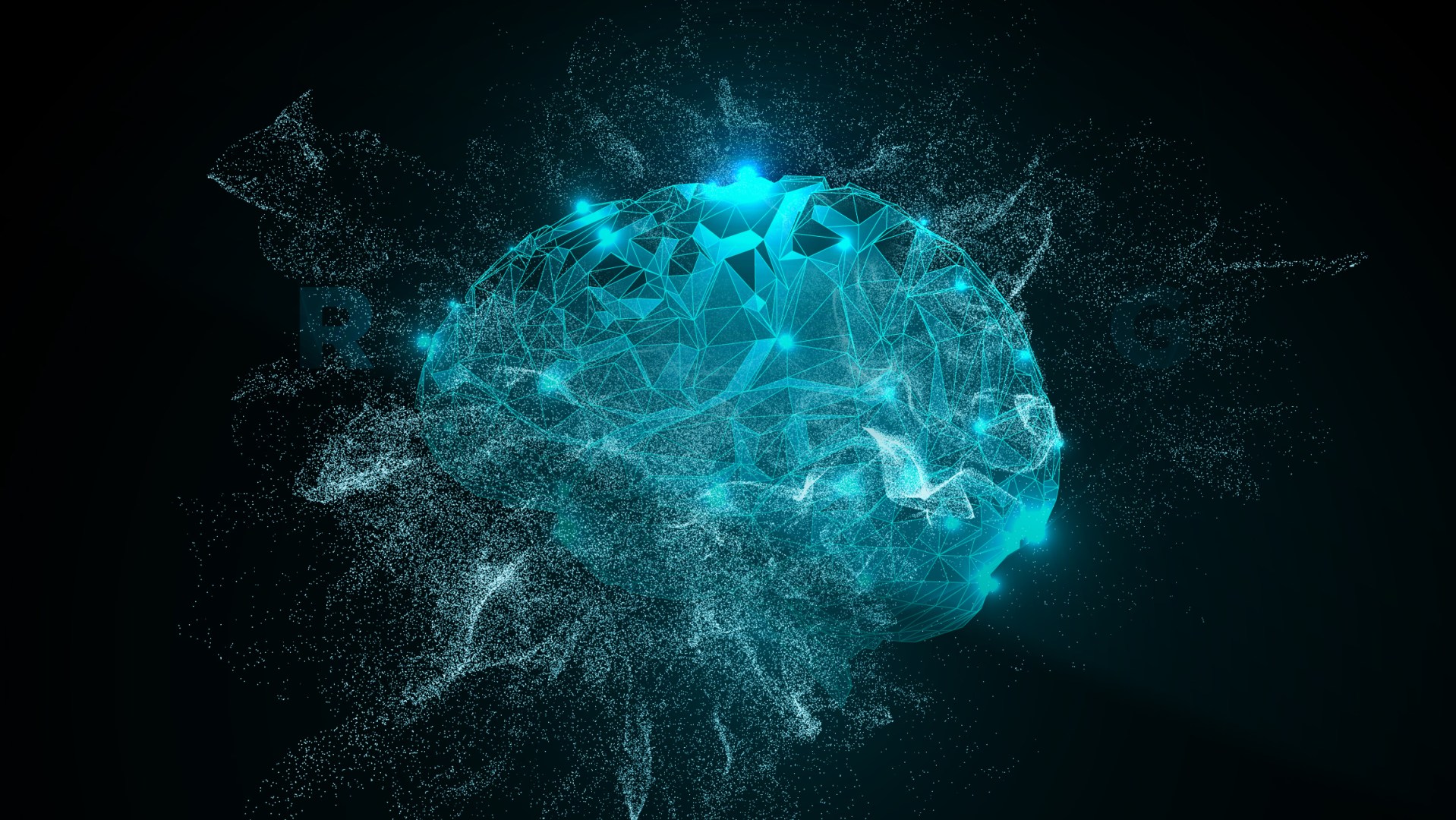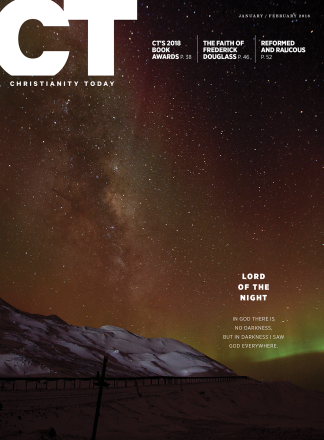This essay was the second place winner of the 2017 CT Science Writing Contest.
The two most hair-raising moments I have ever had with my dad happened within 10 minutes of each other. A few years ago we were snorkeling with my two brothers off Santa Fe Island, one of the 13 major islands that make up the Galapagos Islands. We had hardly rolled into the water when a Galapagos shark about three meters in length gracefully floated by only a few body lengths away. Thankfully, it did not take much interest in us.
As the shark disappeared into the dark blue backdrop of water, we continued to move along the shoreline looking for sea turtles, brightly colored fish, and less dangerous whitetip reef sharks. After a couple minutes, I noticed my dad slowly drifting toward a large adult male sea lion who was floating a few meters offshore. Having been warned that male sea lions were somewhat territorial, I moved as quickly as I could to steer my dad the other direction. By the time I reached him, the sea lion was no more than a few arm lengths away. Again, thankfully, it did not take much interest in us.
We had similar though less harrowing experiences everywhere in the Galapagos. It was common to come within arm’s reach of some of the most fascinating animals in the world. Marine and land iguanas, giant tortoises, sea lions, sea turtles, stingrays, albatrosses, and blue-footed boobies paid little attention to us fawning tourists. Their tameness was disarming and beautiful, but it also made them look a little stupid.
Charles Darwin seemed to have the same observation on his famous voyage 150 years earlier. He described the marine iguana, an animal whose uniqueness to the Galapagos is only surpassed by its number, as a “hideous-looking creature . . . stupid and sluggish in its movements.” Perhaps to prove his point, Darwin tells of throwing one of these marine iguanas as far as he could into the water, only to have that same iguana return to the same spot and be thrown into the same pool over and over again. Stupid may indeed be the right word to describe some of these animals.
Alzheimer’s and the gift of intelligence
The reason for our trip to the Galapagos Islands was not merely to experience the tameness of the animals. A few years prior to the trip, my dad had been diagnosed with early-onset Alzheimer’s disease. He was 61. My brothers and I wanted to celebrate his life by taking him to a place he had never been as he had done with us so many times in the past. It was one last hurrah for a father and his sons.
But the trip proved to be deeply ironic: We were visiting the birthplace of the modern theory of evolution, while my dad, a brilliant physician, was beginning his own journey of de-evolution.
Alzheimer’s disease will slowly but surely cause my dad to lose nearly all of the distinguishing features that make him who we know him to be. More than that, as the disease imprints itself onto his brain, he will lose nearly all of the “higher” functions of intelligence that typically distinguish humans from the primitive or “stupid” animals that surrounded us in the Galapagos.
Throughout history, people have typically identified intelligence as the feature that separates humans from the rest of the animal world. Plato said that it is through reason that one is able to rise above the physical trappings of this world. Descartes said that thinking was the only thing we can be sure of. Kant said that only reasoning creatures have moral standing. Ralph Waldo Emerson, who himself suffered from an Alzheimer’s-like dementia at the end of his life, said, “We estimate a man by how much he remembers.” Even religious traditions like Christianity acknowledge that the intellect is indispensable for hearing and understanding the Word of God. As John Calvin said, true wisdom consists in knowledge of God and knowledge of self.
However, recent research on Alzheimer’s disease suggests that human intelligence is not as distant from the animal world as we tend to think.
At the moment, Alzheimer’s disease is found only in humans. There are no definitive instances of a nonhuman animal developing Alzheimer’s or dementia. Even aged primates and close relatives to humans, such as the chimpanzee, who show the expected signs of an aging brain do not develop the characteristic pathology of Alzheimer’s or even show clinical signs of the disease.
One reason Alzheimer’s disease is only found in humans is that it is a consequence of a high-functioning brain. The human brain is unique in its ability to learn new things well into adulthood. This ability requires the brain to consume high amounts of energy and to be able to form new networks of nerve cells—a phenomenon known as neuroplasticity. One cost of this is increased stress in areas of the brain that are involved in higher cognitive functions like memory, decision-making, and communication. The longer people live and the more their brains are stressed, the more likely people are to develop Alzheimer’s.
But the story goes deeper. In 2015, a study found that the genes that drove brain development and allowed for higher cognitive functions in humans 50,000 to 200,000 years ago are the very same genes that are implicated in the pathogenesis of Alzheimer’s.
This means that human intelligence and Alzheimer’s disease are both deeply embedded in natural biological processes. They are two sides of the same coin. You can’t have one without the possibility of the other.
Albatross and the forbidden fruit
My favorite animal on the Galapagos Islands was the waved albatross. It is a huge bird—it stands close to three feet tall with a wingspan of up to eight feet—and it has a long, bright yellow bill that is streamlined onto a tiny head atop a long neck and billowing body. They look like avian royalty, the majestic kings and queens of the air.
On land, however, they appear much more pedestrian. Their big bodies and long wings make it difficult for them to balance and walk gracefully on their tiny legs. These beautiful, soaring, and majestic birds in the air become slow, bumbling, and in the spirit of many of the other animals in the Galapagos, a little stupid-looking on land.
Ever since Samuel Coleridge’s famous 1798 poem, “The Rime of the Ancient Mariner,” the albatross has been used as a metaphor for a burden or curse. In the poem, Coleridge tells the tale of a mariner who shot and killed an albatross that had been following his ship on the open water. The mariner was condemned to wear the large dead albatross around his neck, which became a symbol of the burden of sin that separated him from God amidst the cloudy, cold, and stormy sea.
The waved albatross has become for me a picture of human intelligence. At their best, albatrosses can soar to lofty heights as exalted creatures, far above the earth. They can fly effortlessly for days on end, flying as high as they please. Likewise, we humans can soar above the earth on the wings of our intelligence. We can discover and understand the inner workings of the world, things that were once only thought to be available to the gods. This is a gift, a beautiful thing. But when we use our intelligence to control the world, to become like God by taking hold of forbidden fruit, or to build towers to the heavens, we turn that gift into a burden—a curse.
For all of its pain and uncertainty, Alzheimer’s reminds us that we will all invariably return to the dust of the earth much like the albatross: as slow, bumbling, and sometimes stupid creatures, often unsure where to place our next step. Human intelligence, while remarkable, cannot save us from this reality.
Coleridge’s poem gives no reason for the mariner to kill the albatross. We are given the impression that the mariner simply wanted to have control over the albatross, so he did. In doing so, he turned what was meant to be a gift, this wild and beautiful creature, into a burden. It was only when the mariner learned how to pray that the burden fell from his neck.
Over two years have passed since our trip to the Galapagos. My dad has forgotten most of the details of that trip. But that is okay. I don’t remember everything about the trip either. And even though my dad has continued to lose many of the features that make him my dad, he does not stop being my dad. He continues to be made in the image of God. I haven’t yet begun my own return to dust, but knowing that my intelligence cannot save me, I’m hopeful I can, before that day comes, learn to pray so that the burden to control my world and my image falls from my neck.
Paul Arnold has a Master of Science in human physiology and a Master of Arts in theology from Regent College and is currently pursuing his PhD in religious studies at McMaster University. He lives with his wife and two boys in London, Ontario.
Have something to say about this topic? Let us know here.










